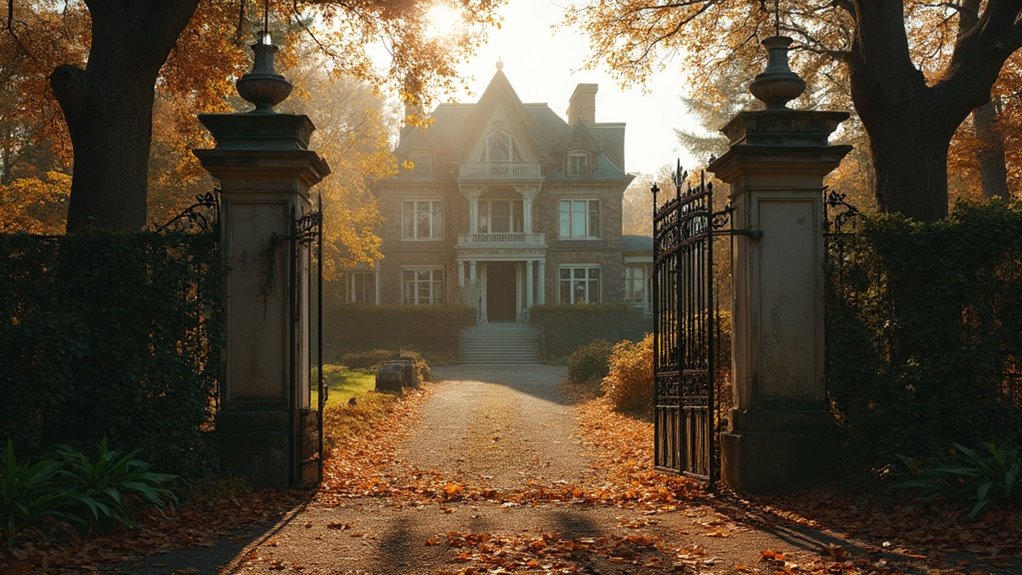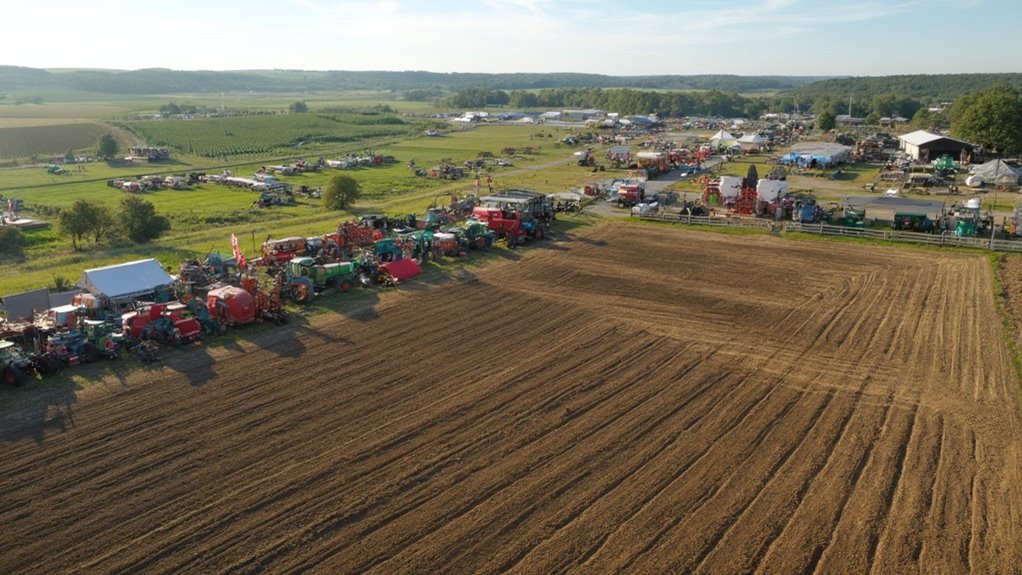The Ontario Land Tribunal (OLT) has officially closed the door on Solmar’s long-running attempt to develop Niagara-on-the-Lake’s historic Randwood Estate. In a final order issued April 15, 2025, the tribunal dismissed all appeals related to properties at 200 John Street East and 588 Charlotte Street.
The decision comes after Solmar informed the tribunal on April 11 that it wouldn’t proceed with required studies and revisions. This marks the end of one of the region’s most contested development applications, which proposed a 172-unit subdivision on the historic estate.
Solmar’s proposal faced significant obstacles from the start. The OLT identified numerous concerns including planning issues, cultural heritage impacts, tree protection, vehicle access, and infrastructure problems. The tribunal required major modifications to better preserve heritage features, including the estate’s pool garden and bath pavilion.
The OLT’s verdict validated community concerns, demanding substantial changes to protect Randwood’s irreplaceable cultural heritage.
Last October, the OLT found Solmar’s plans deficient and gave the developer two months to confirm if they would undertake the mandated changes. When Solmar sought reconsideration of key rulings, the tribunal denied the request on January 28, 2025, finding no merit in the arguments.
The battle over Randwood Estate began years earlier when Solmar first proposed development on the site, which had residential zoning under the town’s official plan. Any public inquiries about the tribunal’s decision can be directed to Kirsten McCauley, Director of Community & Development Services at the Town. In response to public concerns, the town initiated Notices of Intention to Designate the property under the Ontario Heritage Act in 2018.
Local advocacy groups, including Save Our Rand Estate (SORE), participated actively in the process. The town also commissioned a character area study to guide planning decisions for the Rand Estate lands.
The tribunal’s dismissal confirms that no planning approvals or heritage permits have been granted for Solmar’s proposal. Heritage features and landscape preservation were central to both community objections and the tribunal’s final decision. The ruling effectively ends Solmar’s multi-year development attempt at this historically significant location.
Decisions like this show the impact of sustained public engagement in shaping development outcomes. Residents, heritage advocates, and municipal leaders played key roles in preserving the site’s historical integrity. Stay up to date on land use decisions and community-led planning on Marketplace Niagara.









